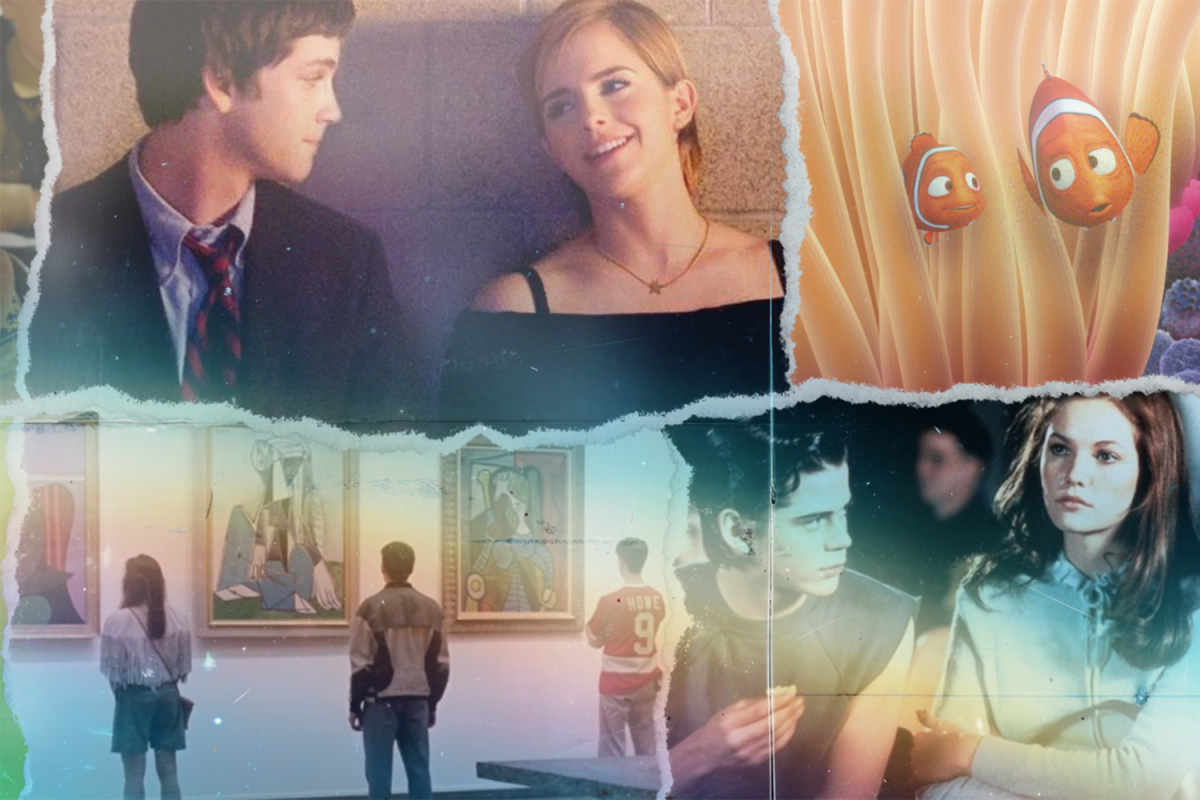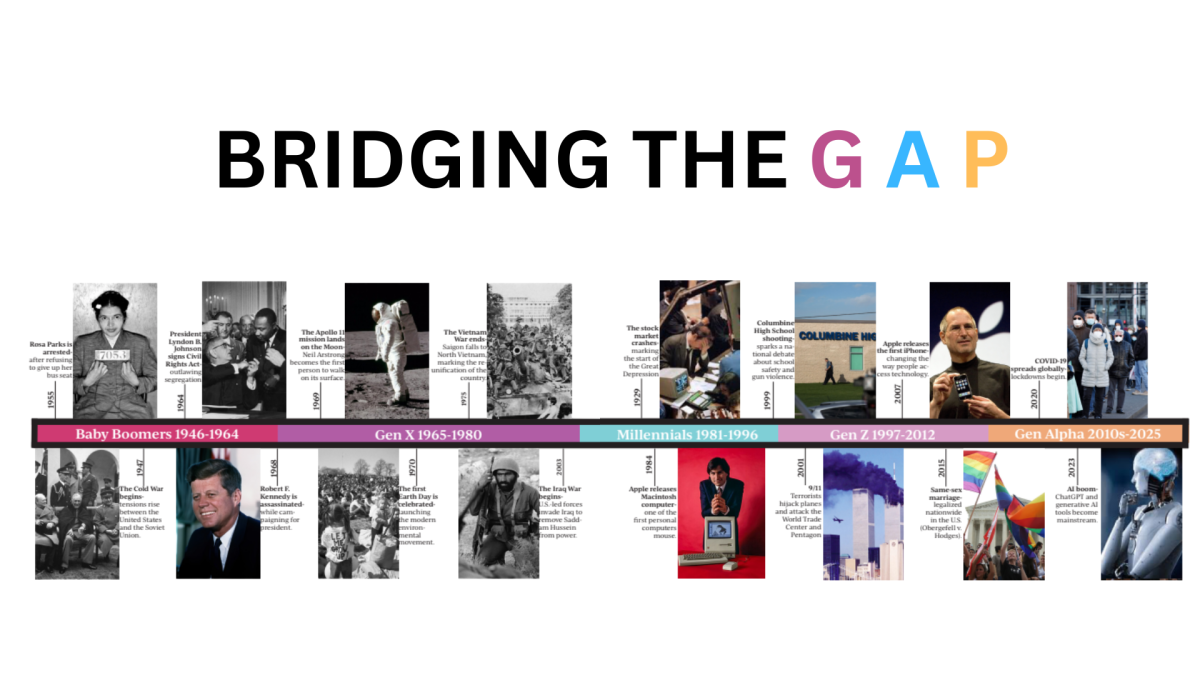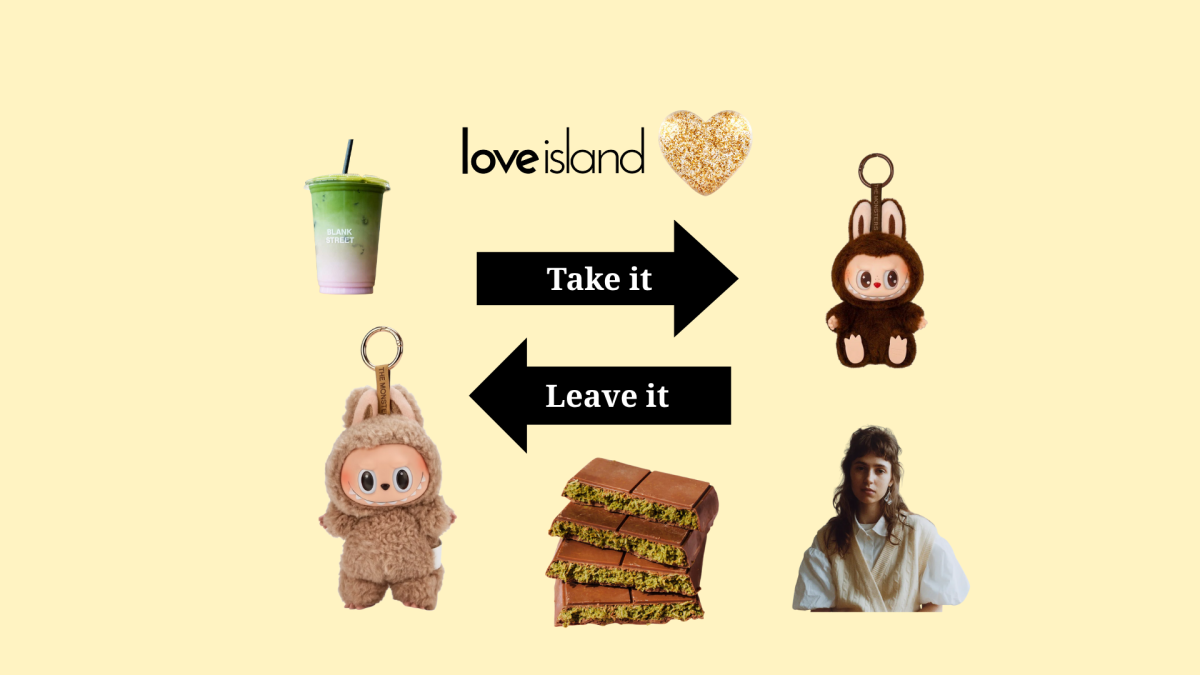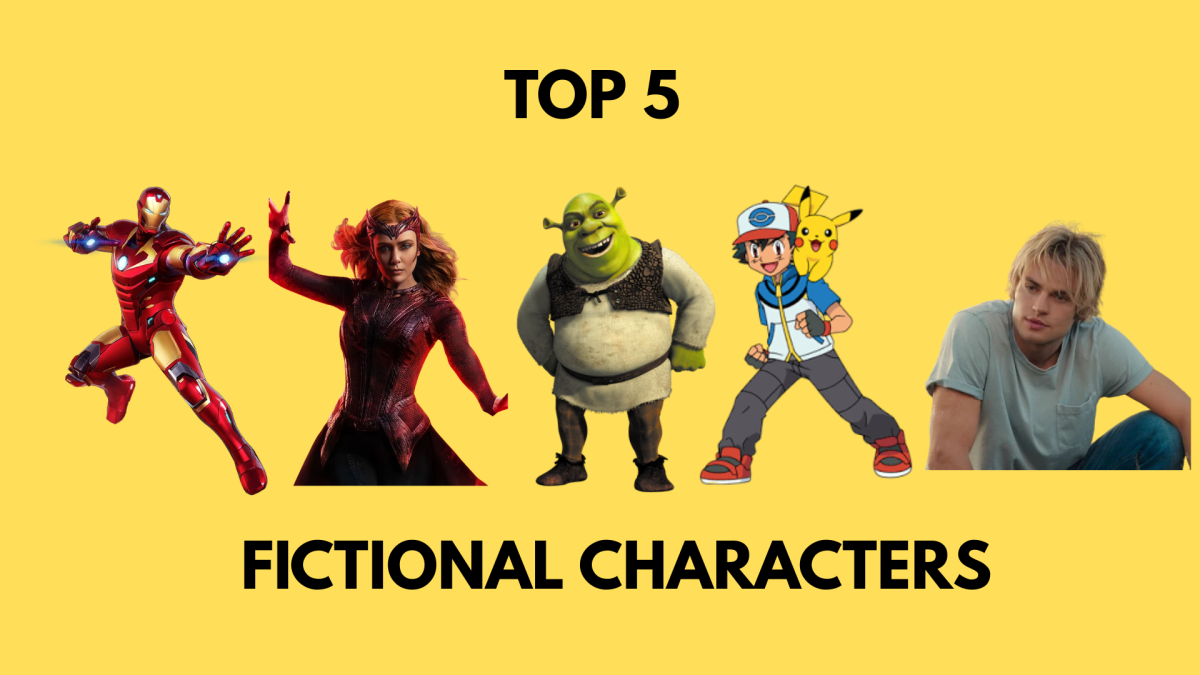The plot of many coming-of-age movies touches on the emotional and physical transition from youth to adulthood, primarily experienced by teenagers. Most films from the genre derive from plots based on high schoolers that can be relatable for students today.
Senior Forest Trammell – Ferris Bueller’s Day Off
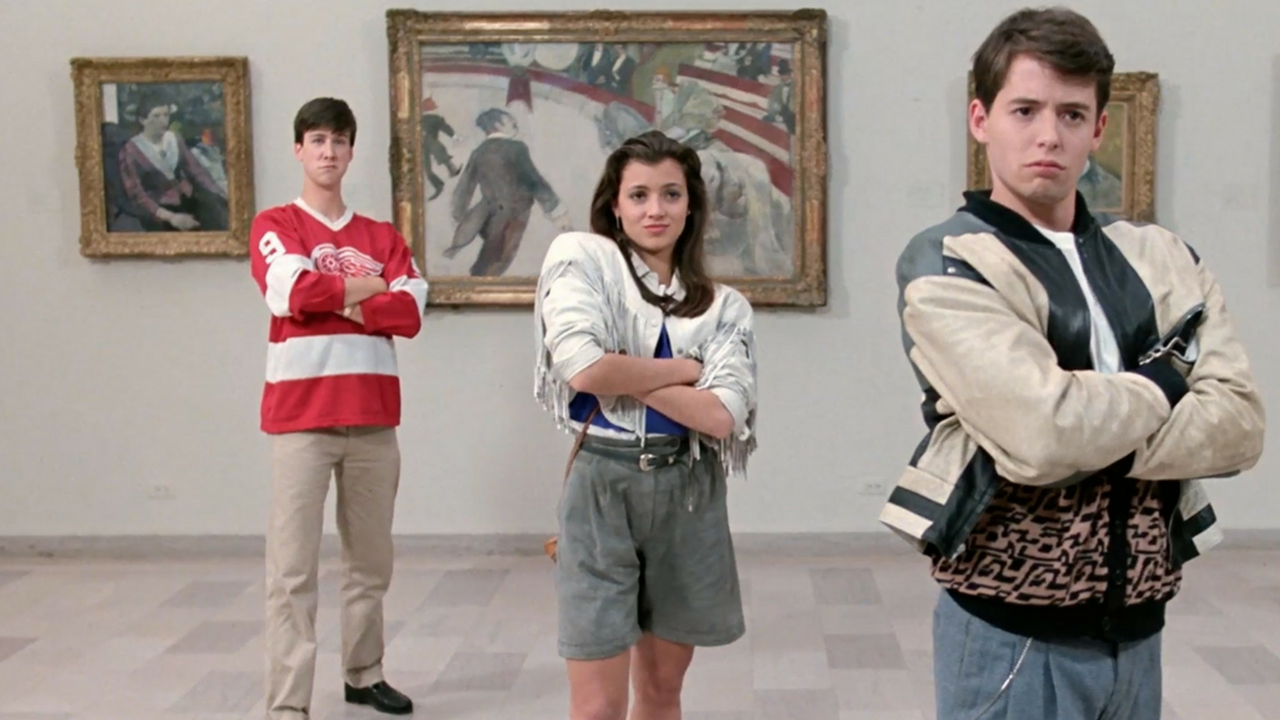
“I think it’s pretty good, [a] very good perspective of a kid who doesn’t want to go to school,” Trammel said. “He just wants to live his life and not be restrained. I think, yeah, I’d say I connected with it a bit.”
Trammell believes that the movie is a classic that everyone should see for a few various reasons.
“The cinematography is really good, the acting is pretty good, the story is good,” Trammell said. “The multiple messages the movie conveys are pretty good throughout.”
In the movie, the actions of the character Cameron Frye resonated with Trammell a lot, specifically his relationships with feeling pressured to act a certain way.
“The fact that Ferris peer pressures him into taking the car, he originally doesn’t want to do it, I think that kind of peer pressure, not wanting to let your friend down so you break the rules anyway [resonates with me],” Trammell said. “I think the message where he’s always kind of lived in fear of his parents and he finally breaks out of that shell and confronts his dad at the very end of the movie. I think it’s pretty good, being able to overcome your issues.”
Trammell regrets not watching the movie sooner and thinks it’s relatable for most teenagers or touches on a topic anyone can relate to.
“Not wanting to go to school is pretty universal no matter when you grew up,” Trammel said. “You don’t want to go to school and you want to hang out with your friends and do stuff with them. It’s pretty universal. No matter when you went to high school, you can relate to the story of it.”
Sophomore Gina Gallagher – The Perks of Being a Wallflower
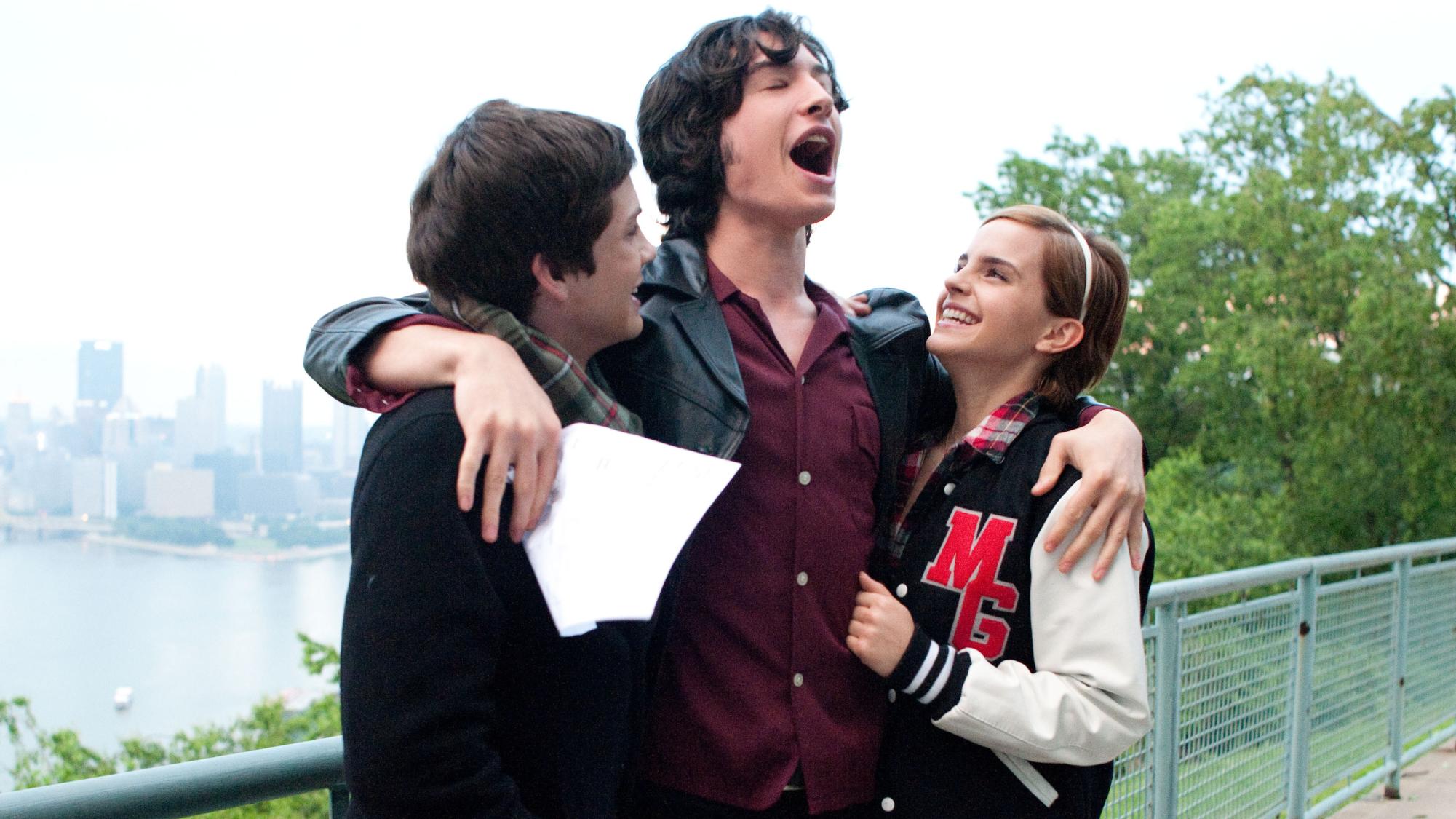
“It’s just a classic and it goes over everything when it comes to high school,” Gallagher said. “Sexuality and friend problems and wanting to fit in and mental issues, all that stuff.”
Gallagher believes that the book and movie have an important message to tell that is still relevant to high school today.
“I would say it aged very well,” Gallagher said. “I feel like it was kind of ahead of its time, even though it wasn’t even made that long ago. It was sort of talking about issues that were still kind of a crazy thing to talk about then.”
The characters throughout the movie resonated with Gallagher. Specifically, the character Charlie stood out to her for his perspective on things throughout the movie.
“Honestly, it was just how accepting everyone was,” Gallagher said. “The main character Charlie, his mindset really stuck with me, the things that he said [were] very wise, he wasn’t afraid to think about deeper things.”
Gallagher recommends the movie because of how it makes you feel and what you can learn from watching it.
“It made me cry of course because it’s a sad movie, but it makes you feel good, it makes you think,” Gallagher said. “When it comes to fitting in and stuff like that, it made me understand people around me [better], their problems and everything. It’s helpful to understand people’s situations.”
Junior Eirinn Wray – The Outsiders
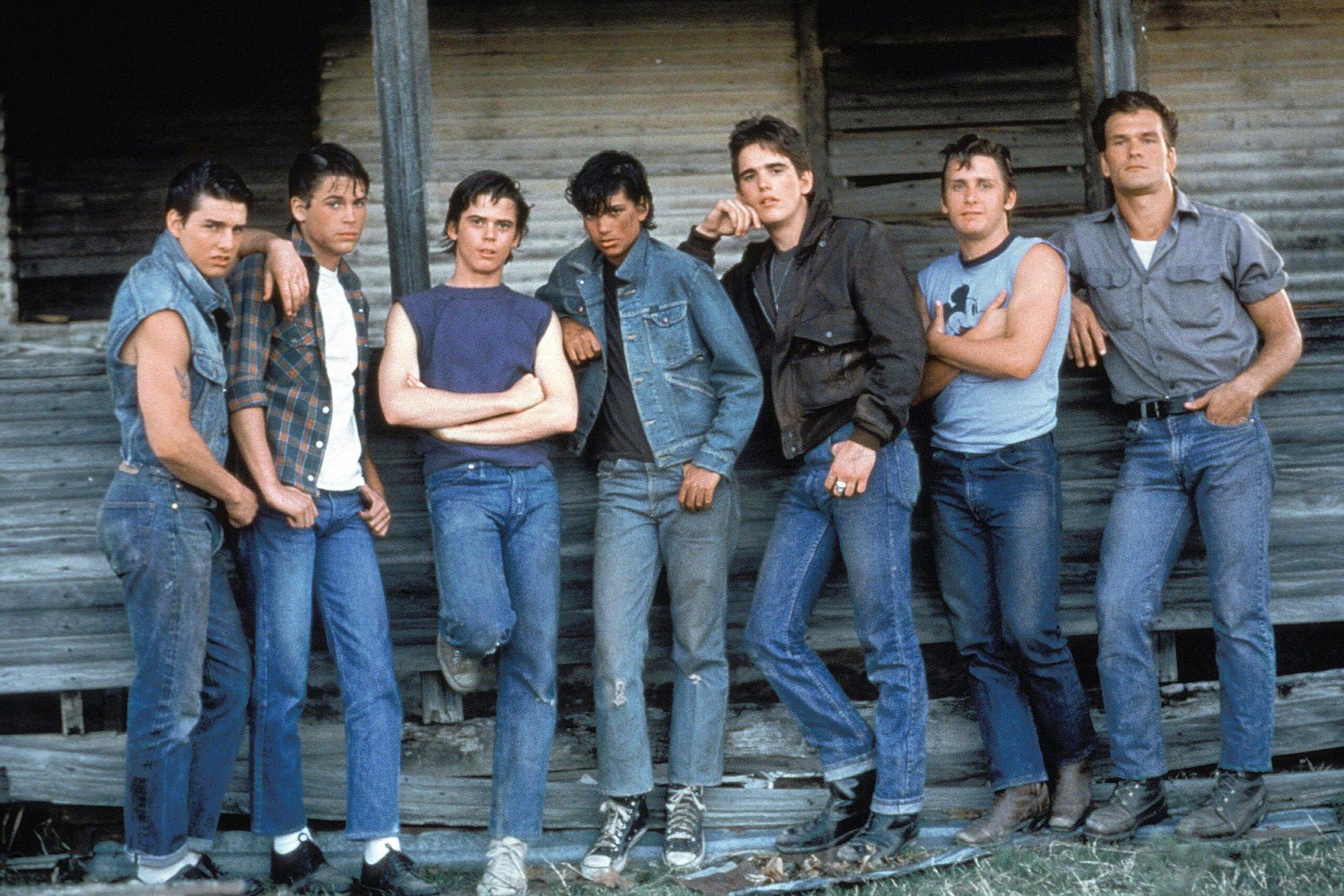
“I like how the story has a deeper meaning,” Wray said. “They’re about to be adults, so they’re kind of figuring out how life works. They’re learning new things and that life isn’t always fair.”
Although the movie deals with social injustice, Wray believes the plot and conclusion can still leave a heartwarming feeling.
“It makes me feel like every time I watch it, it’s sad, but it also makes me feel happy,” Wray said. “Because even though the ending’s sad, there’s still a part of it that’s, finally, they’ve accepted.”
Wray believes people should watch the movie to understand other people’s situations.
“It’s a good lesson for people even if you don’t relate to them exactly,” Wray said. “It’s just good to know about stuff like that and [be] sympathetic to other people’s life problems.”
Senior Caden Jalbert – Finding Nemo
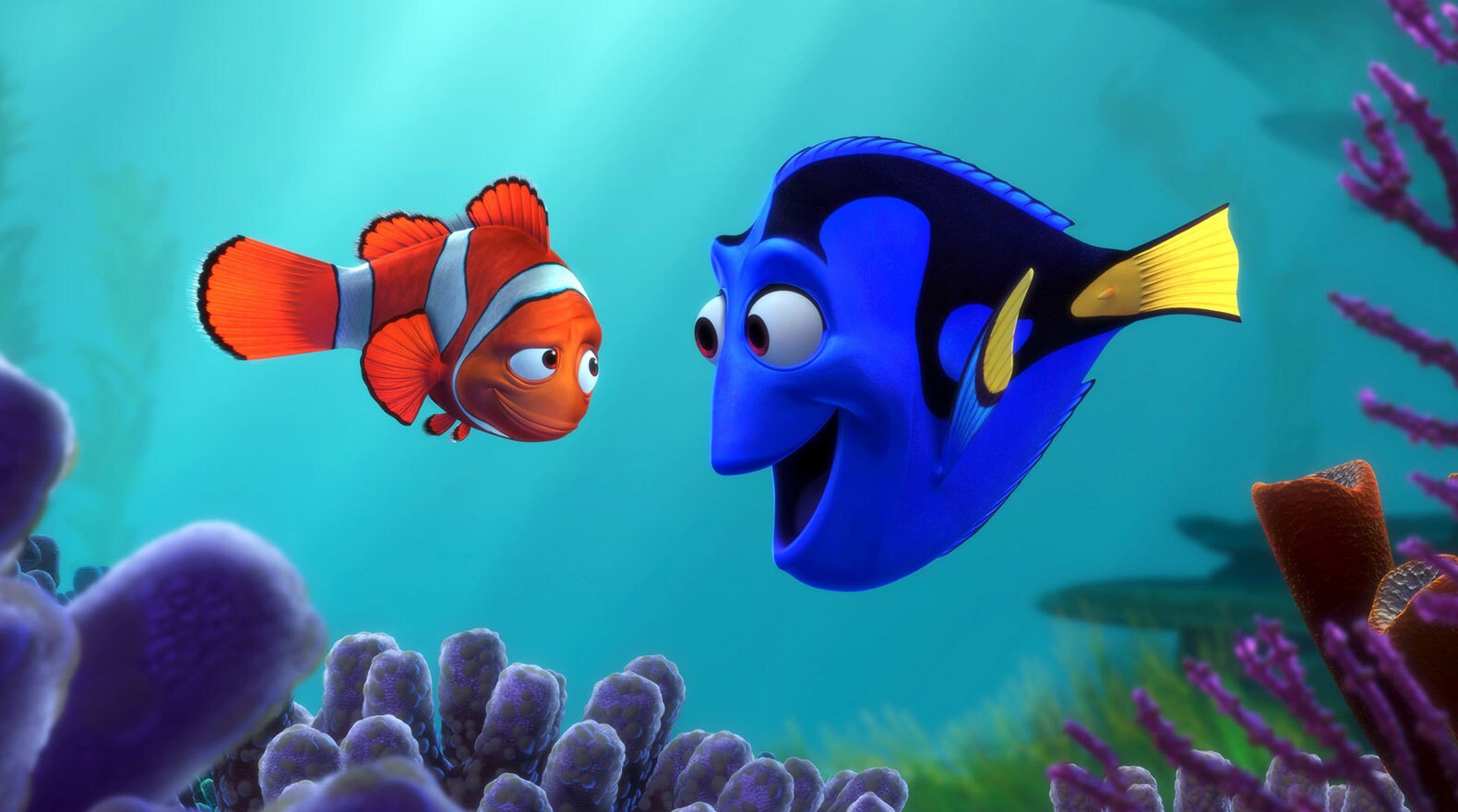
“Nemo is a story about figuring out the type of person you want to be,” Jalbert said. “Finding who you are growing up. It’s what I’m doing currently, I believe.”
Jalbert believes the movie recommends itself just by existing, describing how greatly the movie can paint a scene.
“I thought it was really neat when that kid just shook the goldfish,” Jalbert said. “It was a real spooky scene. [It has a ] great villain, they managed to make the most diminishing 6 or 7-year-old I’ve ever seen.”
Jalbert relates to a part of the movie’s theme and message and believes others can too.
“It made me feel real nice by the end, this father reconvening with his son was real heartfelt,” Jalbert said. “Little bit trying to figure out how to be close to my dad as I grow up.”
Sophomore Nicolas Martinez – Jojo Rabbit
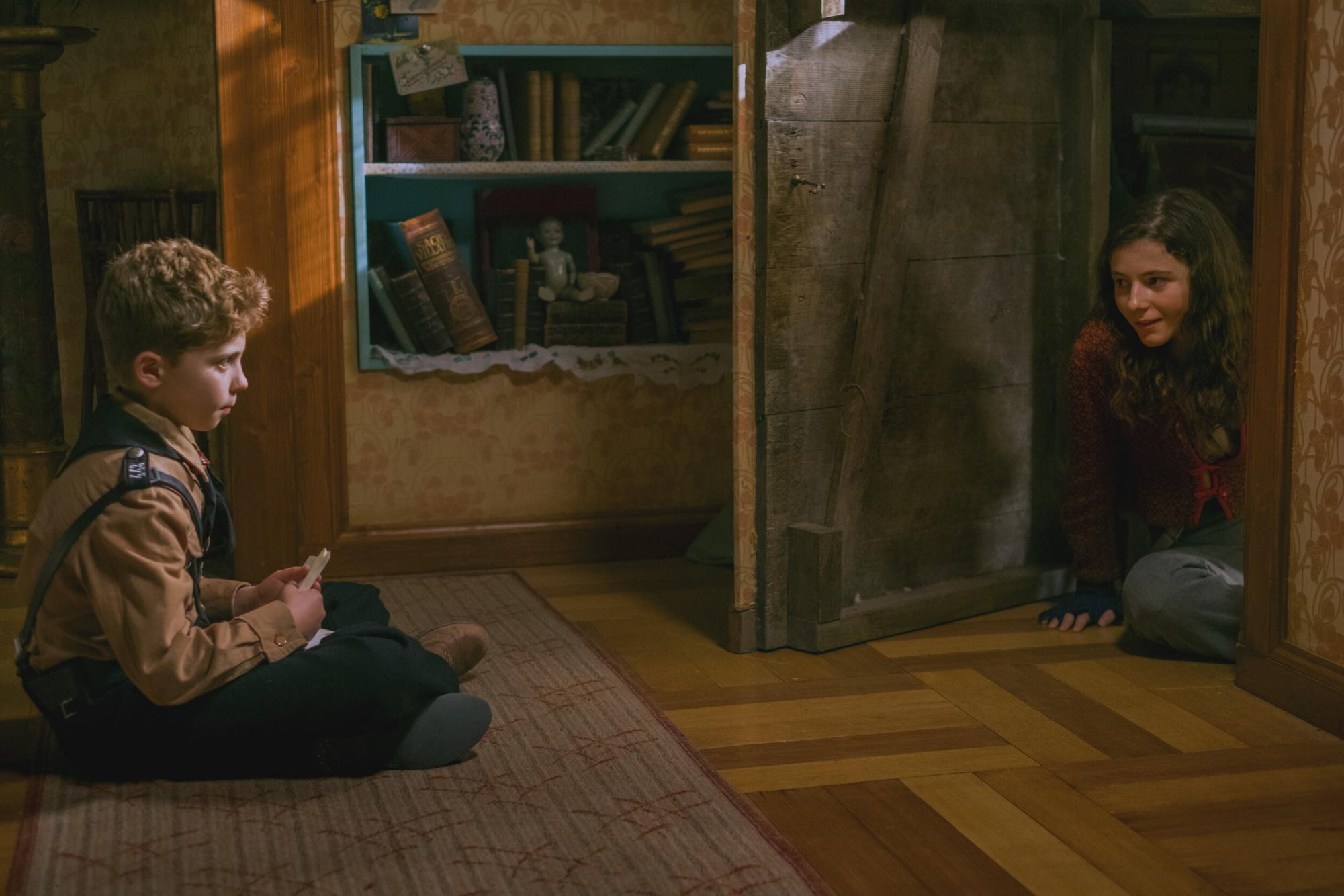
“I feel like the way they balance the comedy and the seriousness of the whole thing, they were able to keep that balance well,” Martinez said. “Be able to treat it, with the subject matter of World War Two and the Nazis in the Holocaust, with the weight that it deserves, while also being able to sort of poke fun at the Nazi ideology and everything.”
The movie itself was described as bittersweet by Martinez because of specific scenes and themes throughout the movie.
“I won’t go into spoilers or anything like that, but of course, people who have seen the movie know what happens with his mother and with his friend,” Martinez said. “Also with [the] balancing of comedy and the seriousness kind of leaves you at the end still a little bit sad, but also it leaves you feeling uplifted at the same time.”
When Martinez first watched the movie in 2020 he was the same age as the main character Jojo, so in many ways, he related to his thought processes and interactions with authority figures and the world and feels that people his age or younger would easily connect with it.
“There are a lot of sort of dangerous social and political ideologies being kind of spread around these days,” Martinez said. “Even if you receive influence from them, how it’s still possible to sort of overcome them and become better as a person, to be able to sort of influence the people around you better as well.”

